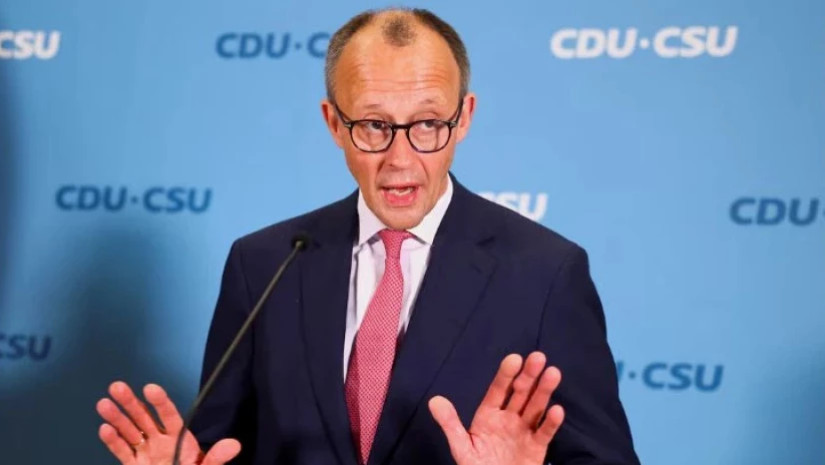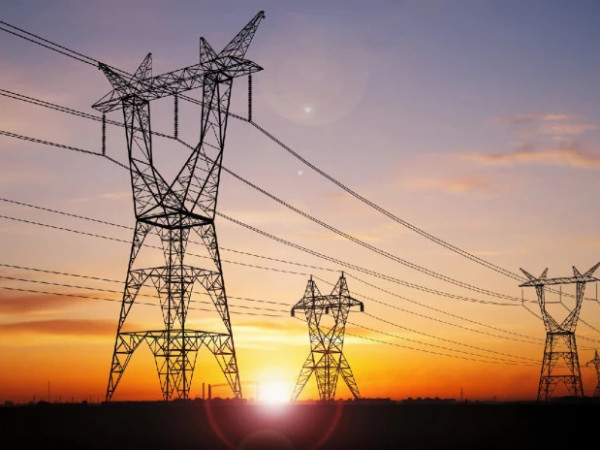Friedrich Merz did not even wait for the final results in Germany's election before delivering what could well be a defining verdict on U.S. President Donald Trump, consigning Europe's 80-year alliance with the United States to the past.
The Trump administration does not care about Europe and is aligning with Russia, said Merz, who is on course to become Germany's new leader. The continent, he warned, must urgently strengthen its defenses and potentially even find a replacement for NATO — within months.
Merz's comments mark a historic watershed: They reveal how deeply Trump has shaken the political foundations of Europe, which has depended on American security guarantees since 1945.
If he follows through on his rhetoric after assembling a new government in the coming weeks, Merz will steer Europe in a radical new direction at a critical time for the security of Ukraine and the wider region.
“My absolute priority will be to strengthen Europe as quickly as possible so that, step by step, we can really achieve independence from the USA,” Germany's chancellor-in-waiting said. “I never thought I would have to say something like this on a television program. But after Donald Trump's statements last week at the latest, it is clear that the Americans, at least this part of the Americans, this administration, are largely indifferent to the fate of Europe.”
Merz, a staunch Atlanticist who has spent much of his professional career as a lawyer working with and for American firms, didn't stop there. Later this year, a NATO summit will be held — but he suggested Europe may need to devise a new defense structure to replace it.
“I am very curious to see how we are heading toward the NATO summit at the end of June," he said. "Whether we will still be talking about NATO in its current form or whether we will have to establish an independent European defense capability much more quickly."
Such extraordinary statements from the likely next leader of Europe’s biggest economy are stronger than any head of government has made in response to the U.S. president’s 10-day onslaught against Europe and Ukraine.
On Friday, Merz suggested it was time to explore nuclear cooperation between France, the U.K. and Germany (and others) to replace the American nuclear umbrella that has guaranteed European safety from Russian attack. His speculation was anything but idle.
Merz's conservative alliance is projected to win the most seats in the Bundestag but will need to stitch together a coalition with at least one center-left party over the coming weeks.


















